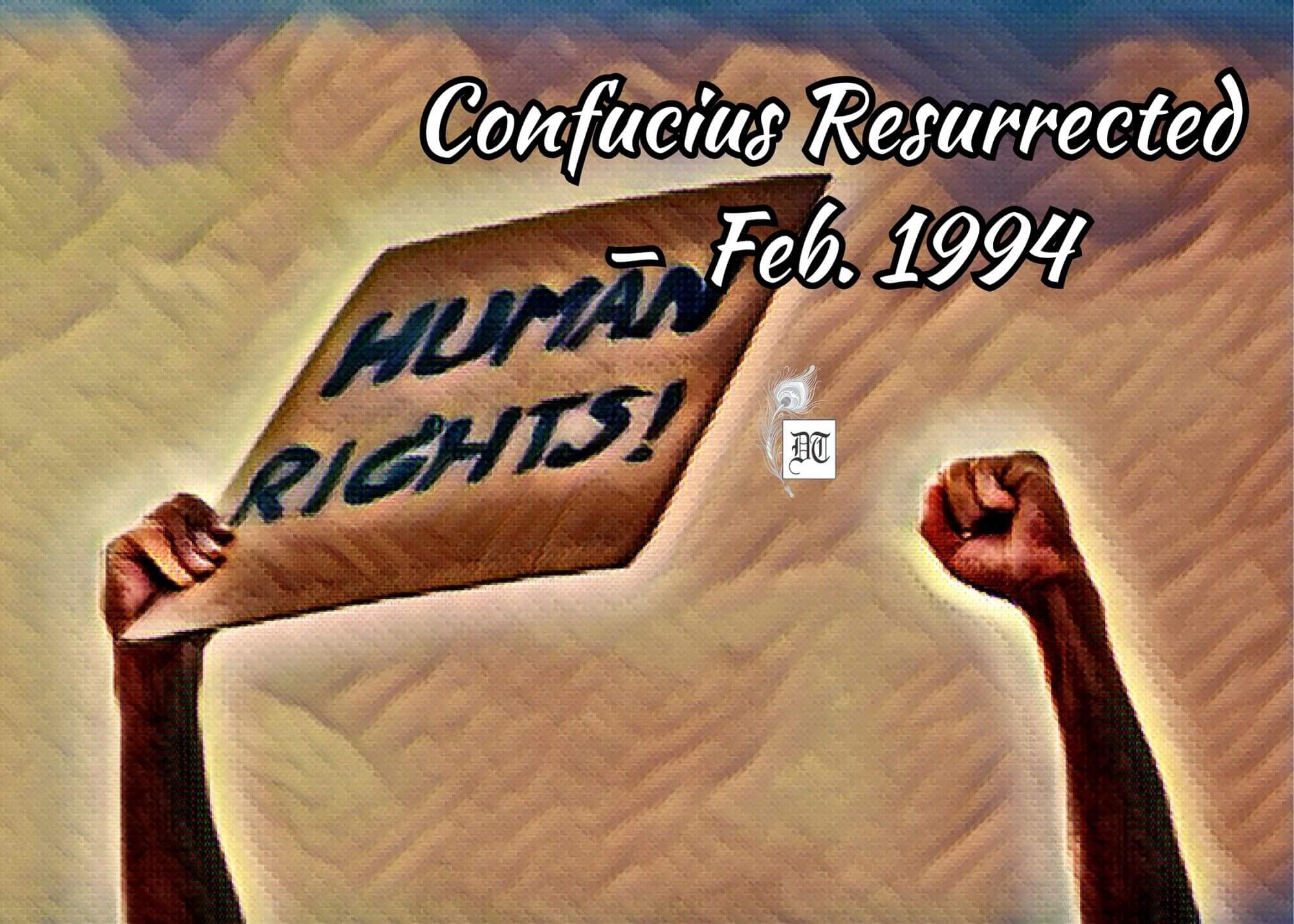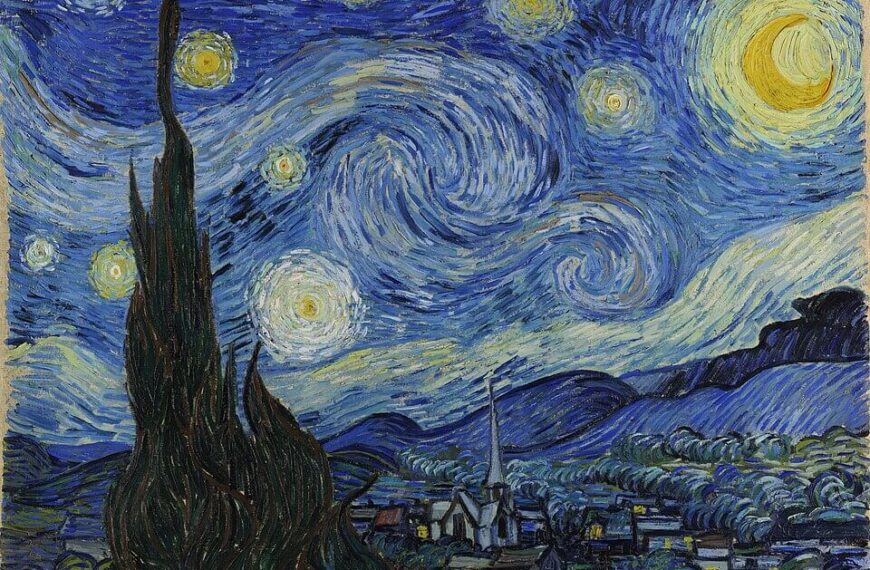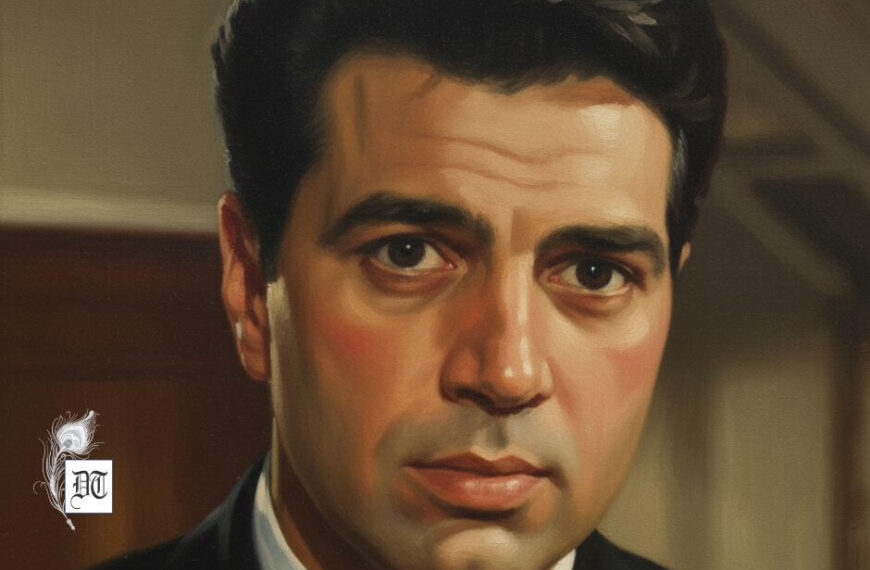The convergence of neo-Confucianism, communism, Islam, economic interests, and potential flashpoints in Asia presents a challenge to China’s political and economic stability and the Western world, an analysis by Azam — exclusively for Different Truths.
From 1966 to 1969, Mao Zedong’s cultural revolution in communist China targeted the influence of Western values and the lingering traces of Confucianism. The red guards’ orgy of destruction was exhumed by the People’s Liberation Army at Tiananmen Square in 1989. China’s new free enterprise policy within a communist political structure has released a new ally — Confucius.
Neo-Confucianism is the Asia-Pacific’s new clarion call …
Neo-Confucianism is the Asia-Pacific’s new clarion call, trumpeted by intellectuals in Singapore with the blessings of their president, a Rhodes scholar. China finds it a convenient umbrella against the drizzle of Western human rights criticism. The Chinese President Jiang Zemin laid the law to Clinton at the APEC summit held on 27 November 1993 in Seattle: hands off the human rights issue. The value of Western democracy was questioned, but that of Confucianism and communism, which maintained China as a thriving economic basket case for 2,500 years, was not. In China’s case, this is a stock communist stance against Western capitalism.
In the case of Singapore, Taiwan, South Korea, Thailand, Indonesia and Malaysia, the greed of coattail economies owes their prosperity to their Most Favored Nation (MFN) status with the United States. Muslims form the largest community in Malaysia, and Indonesia is predominantly Muslim. The Malaysian boycott of the APEC summit cannot be isolated from popular Muslim sentiment in Indonesia. Both countries are united in a dismal human rights record, and the Islamic bond explains their natural rejection of Western democracy. Communism, neo-Confucianism, and Islam can now cruise around the Pacific on a liner piloted by China.
Overlapping elements of these ideologies reject consensus through debate as discordant and weak. To the government by edict and decree, there are few ideological obstacles to postponing social welfare as the price of the GATT harvest.
Communism in China is no better than it was in the USSR.
Communism in China is no better than it was in the USSR. The first fissure in the Soviet Empire was Poland, brought about by the efforts of Solidarity and the Pope’s visit in 1979.
Tibet and the Dalai Lama are to China what Poland and the Pope were to the USSR.
The Dalai Lama visited France in November 1993. The itinerary of his visit to Grenoble was changed at the last minute, indicating a possible security threat. Apart from the Chinese, the Dalai Lama’s gentle smile intimidates nobody.
In 1910 the Chinese invaded Tibet. In 1950 they occupied it…
In 1910 the Chinese invaded Tibet. In 1950 they occupied it, and in 1959 they crushed a popular revolt. The Dalai Lama fled to India, was received as a head of state, and has enjoyed that privilege ever since. Hundreds of thousands of Tibetan refugees followed in his wake. The Indo-China war broke out in 1962, and, in the same year, by Prime Ministerial edict, India raised the 10,000-strong Special Frontier Force (SFF) composed entirely of Tibetan refugees. They come under the Home Ministry and not the Ministry of Defense.
These SFF commandos made highly classified forays to place sensors in the Himalayas to detect Chinese nuclear and missile tests. The Indo-Tibetan Border Police (ITBP) is another 10,000-strong force that patrols the Indo-Tibetan border.
For a country with a full economic agenda, India has maintained an elite force of para-qualified commandos for the past 31 years.
For a country with a full economic agenda, India has maintained an elite force of para-qualified commandos for the past 31 years. The Indians, considering their successful interventions in Bangladesh (1971), Sikkim (1975), Sri Lanka (1987-1990) and the Maldives (1988), are biding their time for a crack to appear in the Chinese empire.
The split could come from two directions. The Chinese Economic Area (CEA) is an informal trading bloc of Hong Kong, Taiwan, and Southern China, collectively accounting for 4.5 per cent of world trade, equal to that of France or Britain. They already form a de facto economic entity, and the government in Hong Kong is not averse to the development. Chris Patten, Hong Kong’s shrewd and discreet governor, used to be the head of Britain’s Conservative Party.
The second way is Tibet, the Dalai Lama with Western backing and 20,000 Tibetan Para-commandos sustained by India for over three decades.
There is only a thin red line between the Chinese Economic Area’s (CEA) economic reality and political reality.
There is only a thin red line between the Chinese Economic Area’s (CEA) economic reality and political reality. If Tibet plays Poland’s role, the CEA continues to prosper, and the Indians have industriously done their homework from Sikkim to Sri Lanka, the de jour independence of the Chinese provinces is a tenable scenario.
If the West had diligently studied the dissolution of the Soviet Empire, the liberty of the peoples of China need not be accomplished with Sinkiang, an Islamic nuclear power*.
GATT’s benefits should not be denied to the world’s workers, regardless of the hemisphere they occupy.
*Author’s note: Sinkiang, now written as Xinjiang, has most of China’s nuclear warheads — Federation of American Scientists, “China’s second Missile Silos field is in Hami, Kumul, Eastern Xinjiang,” https://fas.org/publication/china-is-building-a-second-nuclear-missile-silo-field/
Picture design by Anumita Roy





 By
By
 By
By
 By
By